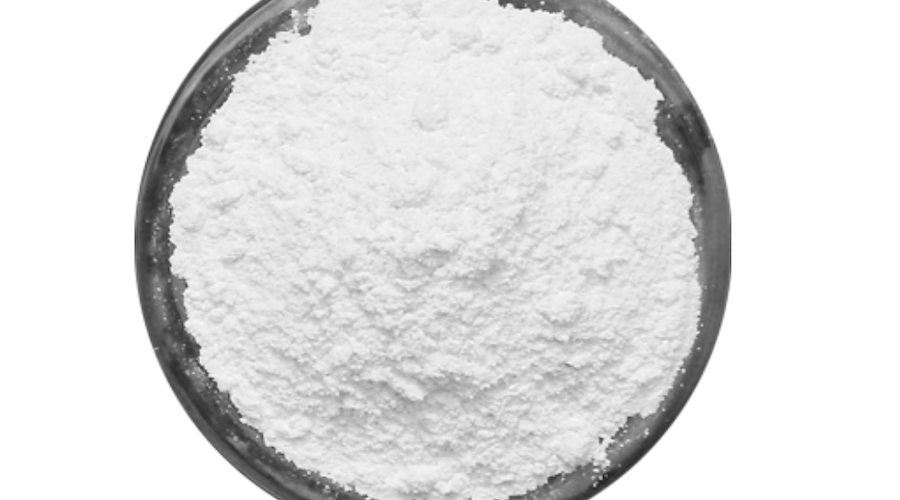Brazilian, US companies join forces to push for niobium technology for lithium-ion batteries

“We are working intensely with large partners to offer to the market, mainly for the automotive sector, batteries with unique characteristics, such as ultra-fast recharging, in less than 10 minutes, greater stability and safety,” Amado said in a media statement. “Battery Streak is fully aligned with this goal and will allow us to take an important step, allowing applications beyond the mobility market.”
Battery Streak’s patented technology is called “mesoporous pseudocapacitive material” and it uses nanostructured niobium oxide as the anode in lithium-ion batteries
Battery Streak’s patented technology is called “mesoporous pseudocapacitive material” and it uses nanostructured niobium oxide as the anode in lithium-ion batteries. In detail, the solution allows for the production of electrodes that work much like a sponge, with pores thousands of times smaller than a human hair, providing a very large surface area for energy storage but bringing close together the electrolyte and electrode material, which means that the physical transport distance of ions is very short. When energy is released, thus, there is no chemical phase change and virtually no heat is produced.
“The chemical reaction [common in other lithium-ion batteries] is not efficient and thus heat is produced as a byproduct,” Matt Lai, Battery Streak’s technology development manager, said. “Our batteries do not store energy with such chemical reactions. Instead, the energy is stored on a surface without chemical phase change, like a capacitor.”
According to Lai, this technology results in very fast charging, with most devices going from empty to 80% charge in 10 minutes, while also remaining cool to the touch.
“While everyone wants a faster-charging battery, from a safety standpoint the heat generated while charging is just as important. Battery Streak testing consistently shows that the company’s batteries charge between 80.6°F (27°C) and 91°F (33°C), well below temperatures that could generate enough heat to cause batteries to catch fire,” the executive said.
Lai pointed out that even though the company makes batteries on a prototype basis, going to market it expects to be selling more materials than actual batteries.




